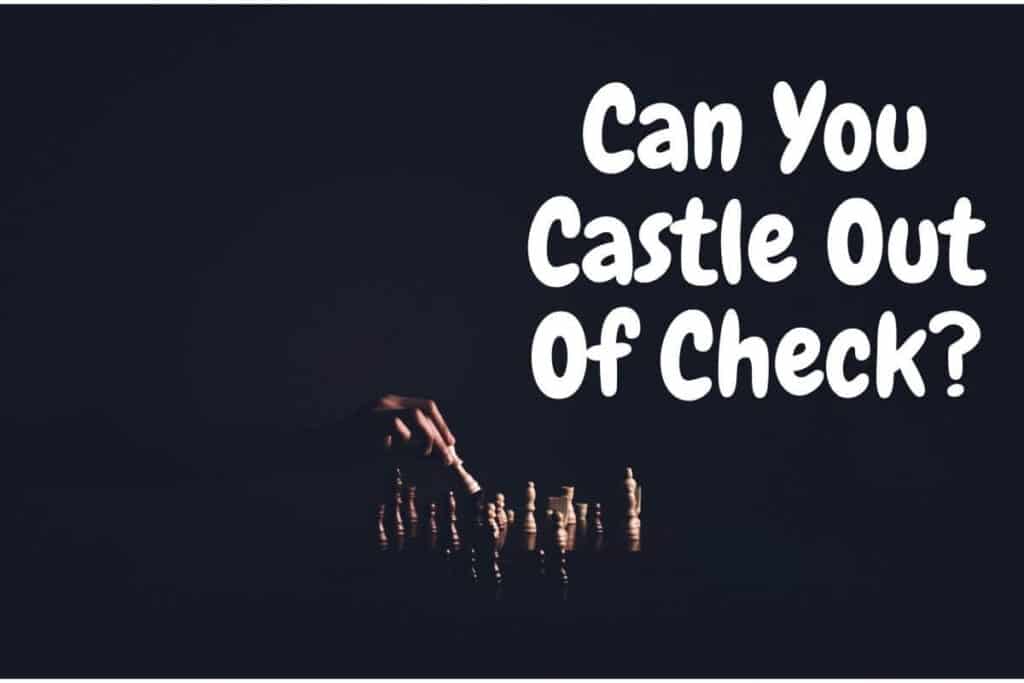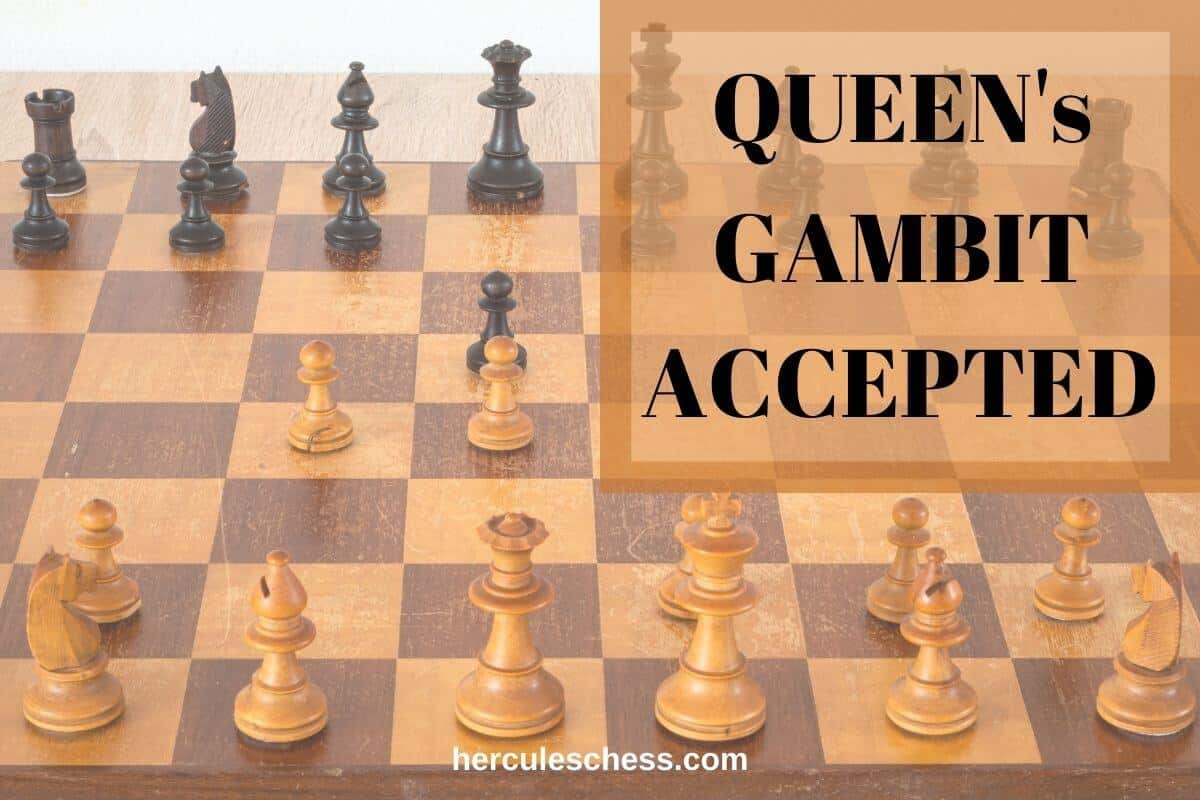Castling is a special move in chess that involves the king and the rook. It involves exchanging the places of the king and one of the rooks. Castling is only possible if neither the king nor the rook has previously moved.
Castling is a great move as it allows for the protection and safeguard of your king from attacks and checks of the opposing side.
Getting checked by your opponent can be quite annoying and you may want to get out of the check as safely as possible. Castling may come to mind.
But what if you want to castle and are in check? Can you castle out of check?
Can You Castle Out Of Check
No, you can NOT castle out of check as it is not apart of the rules. It’s illegal to do so. You must either remove or block the check with one of your pieces or escape the king to a less endangered square.
It’s important that you understand this rule as even mature chess players may illegally castle out of check.
How To Castle Kingside
The kingside of the board is the half of the board where the king resides. To castle kingside the the king moves two squares towards the rook, and the rook moves to the other side of the king (putting it immediately next to the king).
Usually, casting protects the king behind a wall of pawns.
How To Castle Queenside
The queenside is that half of the board where the queen resides. Castling queenside is similar to castling kingside. The king once again moves two squares towards the rook, and the rook moves to the other side of the king.
Note that it’s usually best to castle kingside than castle queenside according to theory. You must decide wisely as to where you want you king to castle based upon nature of the position.
What Happens If You Castle Out Of Check?
We know that it’s not correct to castle your king out of check, but what happens if you do make such a move? Well according to the tournament rules, if you make an illegal move then your opponent wins the game. However this does NOT apply in all cases.
Most of the times in official tournaments, chess players are given handicaps. Normally 2 handicaps are given. Therefore if you commit two illegal moves in the same game then you lose the game.
Thus you should try NOT to make any illegal move such as castling your king out of check as that could cost you the entire game.



